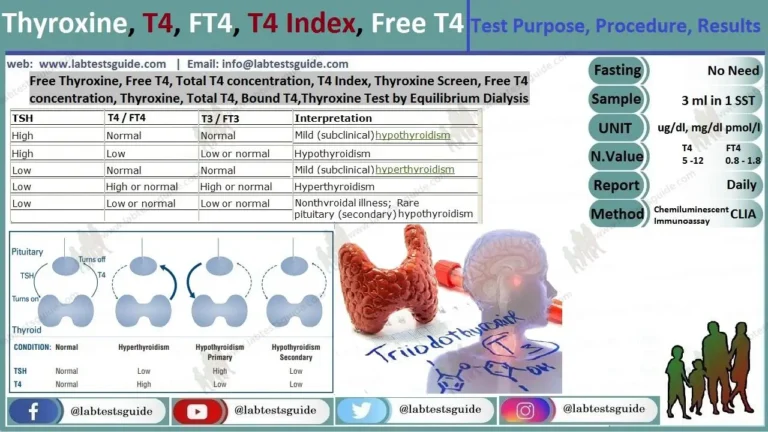
What is UPCR?
The Urine Protein to Creatinine Ratio (UPCR) estimates daily protein excretion in urine, eliminating the need for 24-hour urine collection. It is used to diagnose and monitor conditions like chronic kidney disease, nephrotic syndrome, and hypertension-related kidney damage.
Formula & Unit Conversions
For Creatinine in mmol/L:
*Normal ratio: <150 mg/g | Formula: (mg/dL ÷ mmol/L) × (1000 ÷ 11.312) ≈ 88.4
*Converts mg/dL protein to mmol/L creatinine ratio
For Creatinine in µmol/L:
*Conversion formula: (Protein ÷ Creatinine) × (88.4 × 1000) = 88,400
*Normal ratio: <150 mg/g (proteinuria threshold)
🧮 Spot Urine Protein to Creatinine Ratio (UPCR) Calculator
📐 Formulas:
-
UPCR (mg/g) = Protein (mg/dL) Creatinine (mg/dL) × 1000
-
UPCR (mg/g) = Protein (mg/dL) Creatinine (mmol/L) × 88.4
-
UPCR (mg/g) = Protein (mg/dL) Creatinine (µmol/L) × 88,400
- UPCR (mg/mg) = UPCR (mg/g) ÷ 1000
- UPCR (mg/mmol) = UPCR (mg/g) ÷ 8.84
🖊️ Enter the Values:
Normal Values
- Normal: <150 mg/g
- Moderate Proteinuria: 150–500 mg/g
- Severe Proteinuria: >500 mg/g
How to Use the Calculator
- Input Values:
- Urine Protein (mg/dL).
- Urine Creatinine (mg/dL or mmol/L – select unit).
- Calculate: Automatically computes UPCR (mg/g).
- Interpretation:
- <150 mg/g: Normal kidney function.
- 150–500 mg/g: Possible kidney damage or early disease.
- >500 mg/g: Likely nephrotic syndrome or advanced kidney disease.
Example Calculation
- Urine Protein: 20 mg/dL
- Urine Creatinine: 100 mg/dL
Clinical Applications
- Screening: Detect proteinuria in diabetic or hypertensive patients.
- Monitoring: Track progression of chronic kidney disease.
- Diagnosis: Support identification of nephrotic syndrome.
Key Considerations
- Advantages: Simpler than 24-hour urine collection.
- Limitations:
- Affected by hydration status (dilute/concentrated urine).
- Less accurate in very high or low creatinine levels.
- Confirm with 24-hour urine test if results are borderline.
Patient Guidance
- Why Test UPCR?: High protein in urine can signal kidney damage.
- Follow-Up: Abnormal results require additional tests (e.g., serum creatinine, eGFR).






